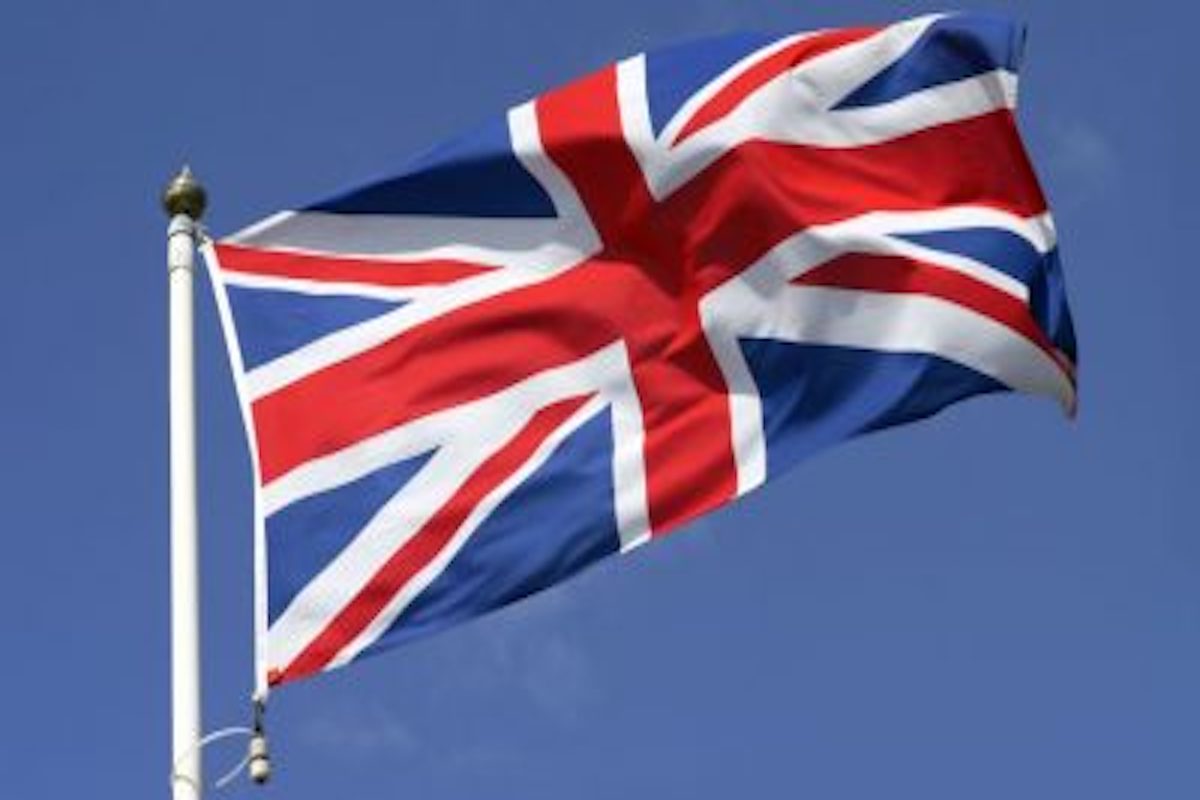British PM Sunak to meet US President Biden in Northern Ireland next week
MI5 recently raised the terrorism threat level in Northern Ireland to severe, meaning an attack is highly likely.
Northern Ireland finds itself in a persistent limbo, the prospect of fresh elections continually deferred.

Representation image
Northern Ireland finds itself in a persistent limbo, the prospect of fresh elections continually deferred. The latest announcement of yet another delay, coming from Britain’s Minister for the region, reflects the prolonged struggle to reinstate a power-sharing government that has been absent for nearly two years. The crux of the matter lies in the fallout from the Democratic Unionist Party’s (DUP) departure in protest against Britain’s post-Brexit trade rules for Northern Ireland.
This political stalemate, while not unfamiliar to those acquainted with Northern Ireland’s complex history, poses a serious challenge to the region’s stability. The absence of a government for almost two years is not merely a procedural hiccup but a poignant reminder of the delicate balance that underpins the peace achieved through the 1998 Good Friday accord, which brought an end to three decades of sectarian violence. The trigger for the DUP’s departure, the post-Brexit trade rules, has not only proven to be a bone of contention but has also laid bare the intricacies and tensions inherent in the delicate relationship between Northern Ireland, the rest of the United Kingdom, and the European Union. The DUP’s claim of significant trade barriers with the UK due to these rules has become a rallying cry, underscoring the challenges of reconciling national and regional interests. The decision to delay elections once again underscores the difficulty of finding a resolution to this multifaceted issue.
However, it is crucial to view this delay not merely as a bureaucratic postponement but as a window of opportunity. The hope expressed by Northern Ireland Minister Chris Heaton-Harris for a lastminute deal is a beacon of optimism in an otherwise murky political landscape. The acknowledgment of progress in talks by DUP leader Jeffrey Donaldson, adds a layer of complexity to the narrative, leaving room for cautious optimism. In navigating the intricacies of Northern Ireland’s political quagmire, it is imperative for all parties involved to exhibit a sense of pragmatism. The historical context, shaped by decades of conflict, demands a nuanced approach that prioritises compromise over confrontation. The very essence of the Good Friday accord is rooted in power-sharing between Irish nationalists and pro-British unionists.
Advertisement
Any deviation from this delicate equilibrium risks unravelling the hard-won peace that the region has enjoyed. While the specifics of the on-going negotiations remain veiled, it is crucial for both sides to recognise the shared responsibility of sustaining peace in Northern Ireland. Power-sharing, though challenging, is not a burden but an opportunity to foster collaboration and build bridges between communities that have weathered the storm of conflict. As Northern Ireland teeters on the precipice of another potential election delay, the plea for pragmatism echoes louder than ever.
The coming days and weeks hold the promise of a breakthrough, a chance to demonstrate that political will can triumph over historical grievances. In the delicate balance of power-sharing, the path forward lies in embracing compromise, fostering open dialogue, and preserving the hard-fought peace.
Advertisement